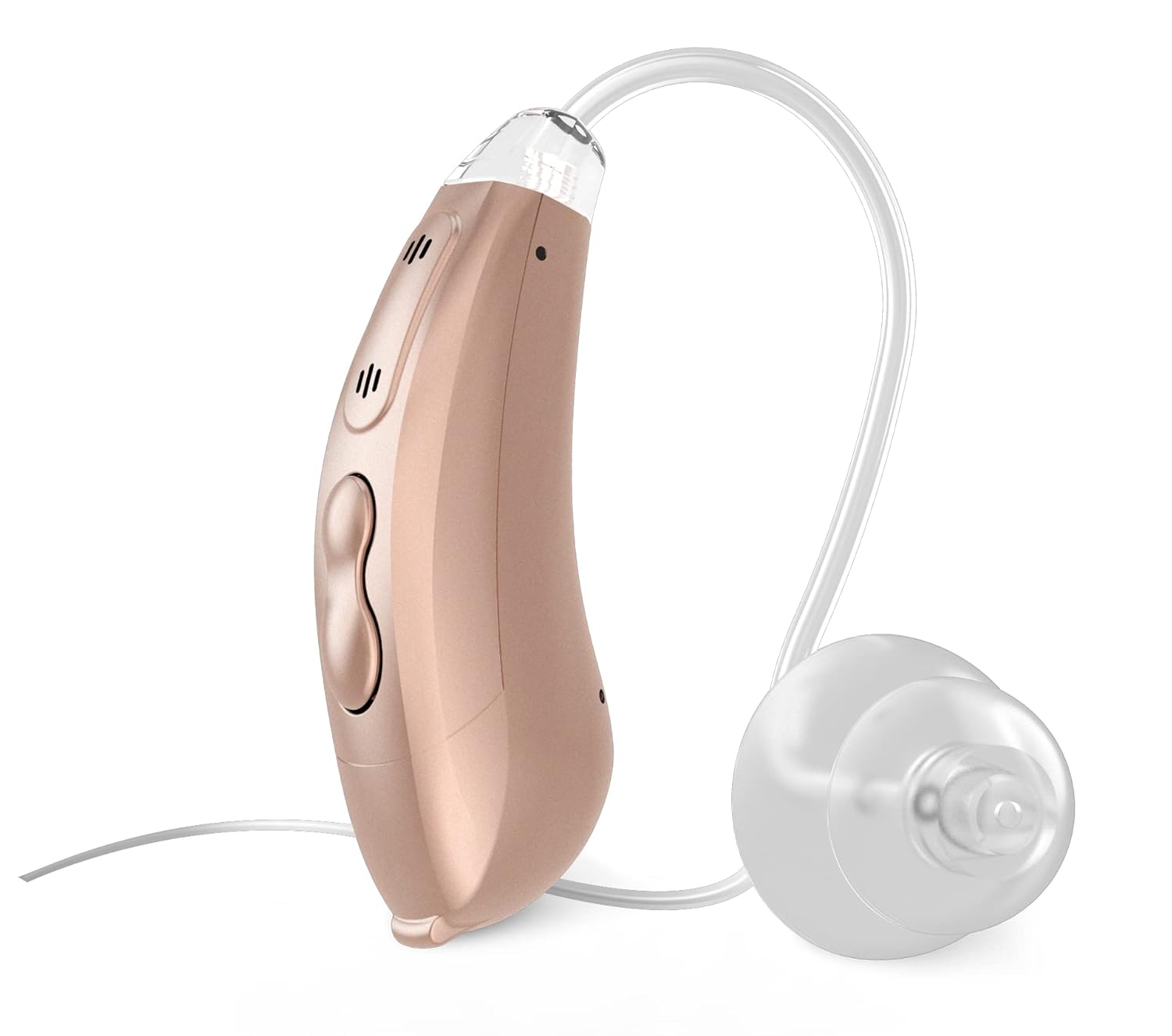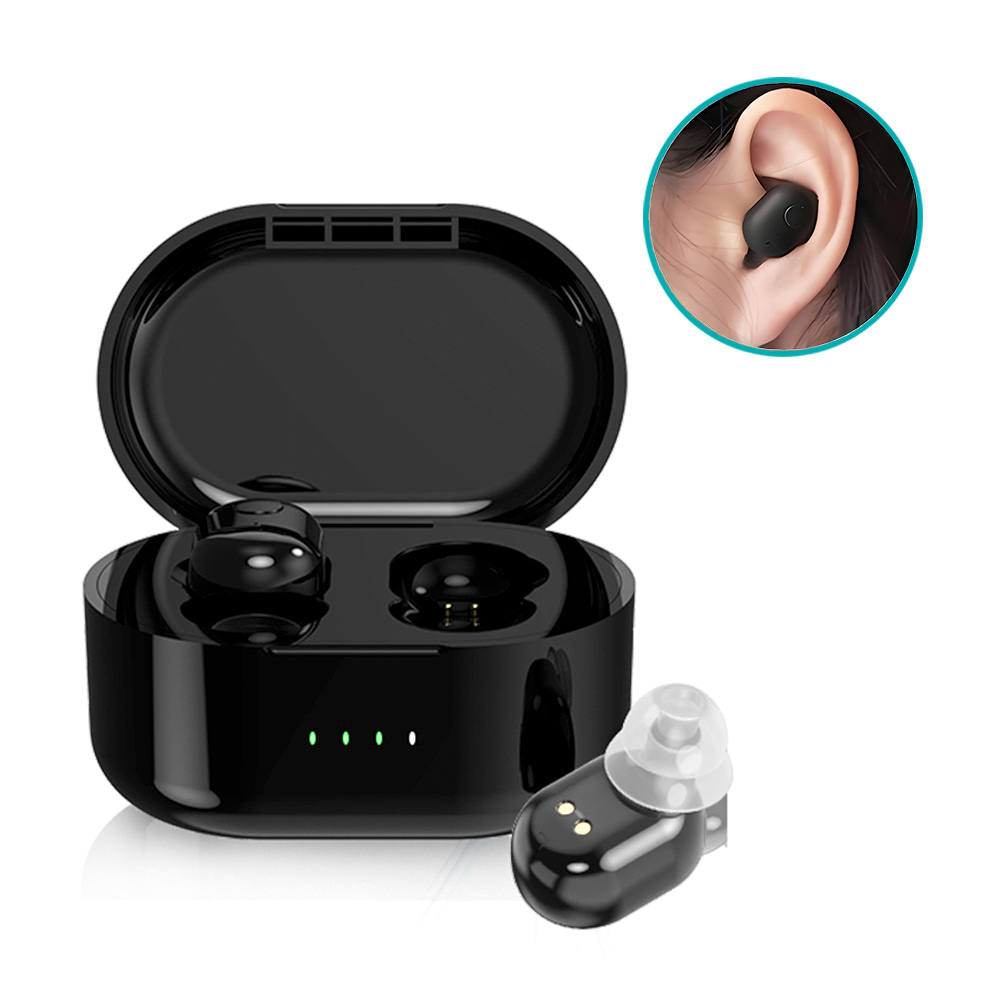by Lindsay B. Robinson, HIA Program Coordinator
On Friday, June 26, we will celebrate the 34th anniversary of the Americans with Disabilities Act (ADA). With strong advocates and overwhelming support on both sides of the aisle, let’s reflect on how the passage of this law continues to impact the lives of millions of Americans with hearing loss.
What is the ADA?
The ADA prohibits discrimination against individuals with disabilities in all areas of public life, including employment, education, transportation, and access to public services and accommodations.
Why was the passage of ADA a pivotal moment for people with hearing loss?
The ADA mandated reasonable accommodations to ensure effective communication for individuals who are deaf or hard of hearing. The goal was and is to allow those with disabilities to engage fully in public venues and find security and equality in the workplace.
What are some examples of reasonable accommodations for employees with hearing loss?
 Any employer with over 15 employees is required by law to provide reasonable accommodation for employees who experience hearing loss. Examples of “aids and services” include but are not limited to:
Any employer with over 15 employees is required by law to provide reasonable accommodation for employees who experience hearing loss. Examples of “aids and services” include but are not limited to:
- Assistive listening technology such as a hearing loop system and/or a hearing aid compatible telephone.
- Video remote interpreting (VRI) service which utilizes a virtual interpreter to assist in translating spoken word into American Sign Language (ASL).
- Virtual meeting software that provides real-time captioning.
- On-site sign-language interpreter or qualified notetaker for the employee with hearing loss to effectively understand and communicate with their colleagues and clients.
The Americans with Disabilities Act stands as a testament to the power of advocacy and collective action in advancing civil rights and equal opportunities. This provision has empowered countless individuals to engage in society and contribute to the workforce without being hindered by their disability. By embracing diversity and advocating for ourselves or those living with hearing loss, we can act every day to build upon the life-changing legacy of the ADA.
If you want to learn more about the ADA, you can find resources at https://adata.org/ and https://adaanniversary.org/
The above is the interpretation of Celebrating Progress: The Americans with Disabilities Act and Its Impact on Individuals with Hearing Loss provided by Chinese hearing aid supplier Shenrui Medical. Link https://www.sengdong.com/Blog/Celebrating-Progress-The-Americans-with-Disabilities-Act-and-Its-Impact-on-Individuals-with-Hearing-Loss.html of this article is welcome to share and forward. For more hearing aid related information, please visit Blog or take a look at our Hearing aids products







